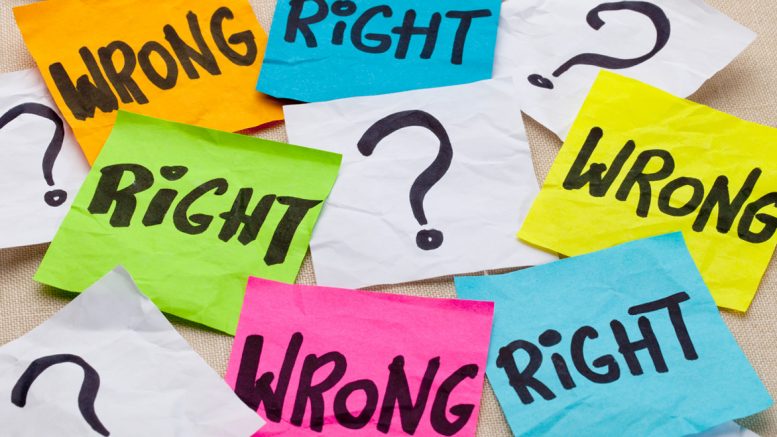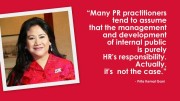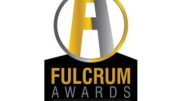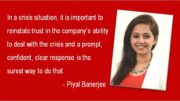Very often, we as PR professionals, are labelled as a not-so-serious lot who are controlled by the wishes of their employers or clients, things which are not in great taste. Yes, we are hired by organisations for a certain purpose, to be their mouthpiece to the media and for external public. Does that necessarily make us unethical? Not really.
Our profession becomes a soft target because many PR practitioners are mere implementers or messengers. Many of us have worked for a company or organisation. It is common sense that while representing a company, organisation or industry, we must act professionally and do nothing to dishonor or displease those whom we represent. From loyalty perspective, this is also being ethical.
It becomes important to share that ethical decisions are needed almost every day in PR work. Everyday there are things that put us in a spot. If a journalist wants some sensitive information, should we wait to return their call once the deadline is over so that they cannot use the information? Do we avoid saying no to a client who has unrealistic expectations of communication so that it doesn’t jeopardize the relationship? Our marketing department makes dubious claims about a new product, how do we manage that? We get a lucrative offer by a competitor of the current organisation, would it be ethical to use the current work knowledge and organisation’s secrets in the new job?
So, we are always in an ethical dilemma of sorts. There are ethics related to rules and duties, to right or wrong, about actions. We must do what is right, regardless of the consequences. The most commonly used ideology in public relations is advocacy of the employer or client’s position above all other interests and very rightly so.
Ethics present core values based upon facts, independence, accountability, and respect. Every Public Relations professional must use these values to make good decisions and maintain professional behaviour.
However one must not forget that there are ethics related to a situation, which means that every action or dilemma must be evaluated in a particular context rather than making it generic. It is good to have very high ethical philosophy, but ethics might vary in everyday practice of Public Relations.
There are ways to manage this. First and foremost, we must define the specific issue or conflict with a clear mind to make things easy for us. We must identify the internal and external factors that might influence the decision. What are the key values and principles involved. Identify the parties who will be affected by the decision and what is your obligation to each.
Besides these, a public relations professional must be honest, integrity is very important, while communicating with the public on behalf of a company or organisation. This means providing accurate and truthful information. They must take responsibility for their own actions when representing a company or organisation.
A public relations employee must maintain loyalty to the company or client for which they are working. This makes the employer build trust and stay assured that the concerned person is working in the best interest of the company.
It is crucial to provide the public with pertinent information so that people can make informed decisions. It is important to provide views from different sides and/or people, as well as all the relevant facts.
What to my mind is extremely vital is, that, to communicate accurate information, public relations professionals must do their own homework first. This involves doing background research and using critical thinking for maintaining credibility as an expert and as a result in building a trusting relationship between the company and the public.
These are few tips and methods which help in maintaining our ethics as public relations experts and add to our credibility as serious professionals with a lot of depth.







Be the first to comment on "Ethics and Public Relations"